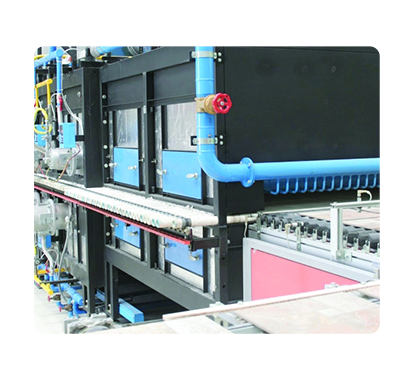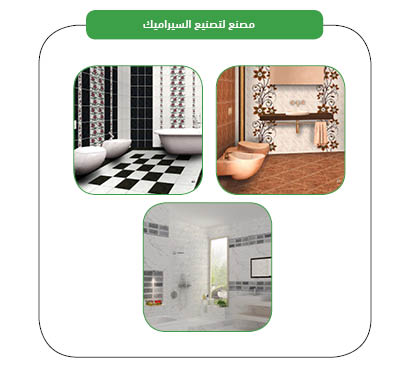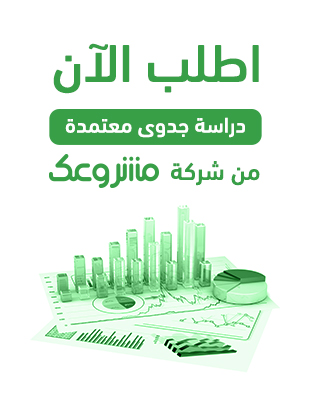The Industrial Sector in the Gulf Cooperation Council (GCC) Countries
The industrial sector is the cornerstone of global economic growth, serving as a key indicator of a nation’s progress and development. Without a strong industrial base, some Western countries would not have gained global recognition. Given the significance of this vital sector, “Mashro3ak” presents key insights into the industrial landscape of the GCC countries:
Saudi Arabia:
-
The Kingdom is currently developing 14 industrial cities and zones covering a total area of 34 million km².
-
Industrial sector investment is growing at a rate of 16% annually.
-
Vision 2030 has significantly boosted industrial investment. Before the vision, total investment in the sector stood at approximately 955.4 billion SAR, which increased to 1.11 trillion SAR by the end of 2020.
-
The “Sanayi” electronic platform, provided by the Ministry of Industry and Mineral Resources, offers various services to investors, such as:
-
Industrial licensing services.
-
Customs exemption services, allowing investors to obtain duty exemptions for machinery, raw materials, and spare parts.
-
Labor endorsement services.
-
Chemical clearance services.
-
-
The Saudi Industrial Development Fund (SIDF) provides multiple incentive programs, including:
-
Afaq, Tanafusiya, Tawteen, and Tajdeeda programs.
-
The SIDF plays a key role in expanding the industrial sector, covering up to 75% of project costs in economically promising regions such as Hail, Tabuk, and Al-Jouf, with a maximum loan tenure of 20 years.
-
-
As of December 31, 2020, the total funds disbursed by the SIDF reached 121.1 billion SAR.
This data highlights Saudi Arabia’s ambitious efforts to strengthen its industrial sector, positioning it as a major player in the global industrial landscape.





